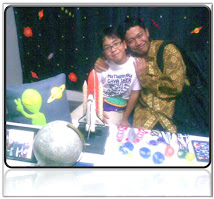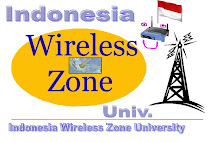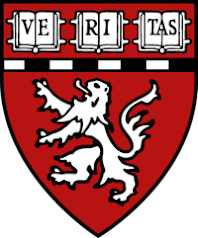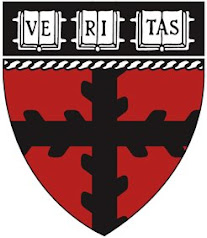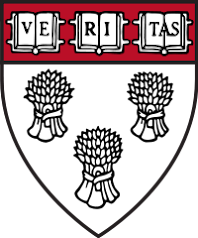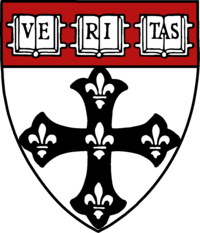Written by Quantum Study Club on 22.00
Visi ASHU
Imagination
Imagination, also called the faculty of imagining, is the ability of forming mental images, sensations and concepts, in a moment when they are not perceived through sight, hearing or other senses. Imagination is the work of the mind that helps create fantasy. Imagination helps provide meaning to experience and understanding to knowledge; it is a fundamental facility through which people make sense of the world,[1][2][3] and it also plays a key role in the learning process.[1][4] A basic training for imagination is listening to storytelling (narrative),[1][5] in which the exactness of the chosen words is the fundamental factor to "evoke worlds."[6]
Imagination is the faculty through which we encounter everything. The things that we touch, see and hear coalesce into a "picture" via our imagination.
It is accepted as the innate ability and process of inventing partial or complete personal realms within the mind from elements derived from sense perceptions of the shared world.[citation needed] The term is technically used in psychology for the process of reviving in the mind, percepts of objects formerly given in sense perception. Since this use of the term conflicts with that of ordinary language, some psychologists have preferred to describe this process as "imaging" or "imagery" or to speak of it as "reproductive" as opposed to "productive" or "constructive" imagination. Imagined images are seen with the "mind's eye."
Imagination can also be expressed through stories such as fairy tales or fantasies. Most famous inventions or entertainment products were created from the inspiration of someone's imagination.
One hypothesis for the evolution of human imagination is that it allowed conscious beings to solve problems (and hence increase an individual's survival fitness) by use of mental simulation.
Children often use narratives or pretend play in order to exercise their imagination. When children create fantasy they play at two levels: first, they use role playing to act out what they have created with their imagination, and at the second level they play again with their make-believe situation by acting as if what they have created is an actual reality that already exists in narrative myth.[7]
Creative thought
Creative thought is a mental process involving creative problem solving and the discovery of new ideas or concepts, or new associations of the existing ideas or concepts, fueled by the process of either conscious or unconscious insight.
From a scientific point of view, the products of creative thought (sometimes referred to as divergent thought) are usually considered to have both originality and appropriateness.
Although intuitively a simple phenomenon, it is in fact quite complex. It has been studied from the perspectives of behavioral psychology, social psychology, psychometrics, cognitive science, artificial intelligence, philosophy, aesthetics, history, economics, design research, business, and management, among others. The studies have covered everyday creativity, exceptional creativity and even artificial creativity. Unlike many phenomena in science, there is no single, authoritative perspective or definition of creativity. And unlike many phenomena in psychology, there is no standardized measurement technique.
Creativity has been attributed variously to divine intervention, cognitive processes, the social environment, personality traits, and chance ("accident", "serendipity"). It has been associated with genius, mental illness, humor and REM sleep.[6] Some say it is a trait we are born with; others say it can be taught with the application of simple techniques. Creativity has also been viewed as a beneficence of a muse or muses.
Although popularly associated with art and literature, it is also an essential part of innovation and invention and is important in professions such as business, economics, architecture, industrial design, graphic design, advertising, game design, mathematics, music, science and engineering, and teaching.
Despite, or perhaps because of, the ambiguity and multi-dimensional nature of creativity, entire industries have been spawned from the pursuit of creative ideas and the development of creativity techniques.
Creativity has been associated with right or forehead brain activity or even specifically with lateral thinking.
Some students of creativity have emphasized an element of chance in the creative process. Linus Pauling, asked at a public lecture how one creates scientific theories, replied that one must endeavor to come up with many ideas, then discard the useless ones.
Another adequate definition of creativity, according to Otto Rank, is that it is an "assumptions-breaking process." Creative ideas are often generated when one discards preconceived assumptions and attempts a new approach or method that might seem to others unthinkable.
Distinguishing between creativity and innovation
It is often useful to explicitly distinguish between creativity and innovation.
Creativity is typically used to refer to the act of producing new ideas, approaches or actions, while innovation is the process of both generating and applying such creative ideas in some specific context.
In the context of an organization, therefore, the term innovation is often used to refer to the entire process by which an organization generates creative new ideas and converts them into novel, useful and viable commercial products, services, and business practices, while the term creativity is reserved to apply specifically to the generation of novel ideas by individuals or groups, as a necessary step within the innovation process.
For example, Amabile et al. (1996) suggest that while innovation "begins with creative ideas,"
"...creativity by individuals and teams is a starting point for innovation; the first is a necessary but not sufficient condition for the second."[7]
Although the two words are novel, they go hand in hand. In order to be innovative, employees have to be creative to stay competitive.

 | Posted in »
| Posted in »


